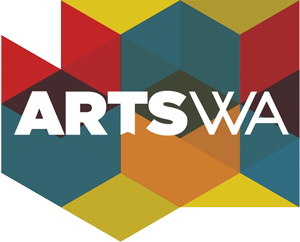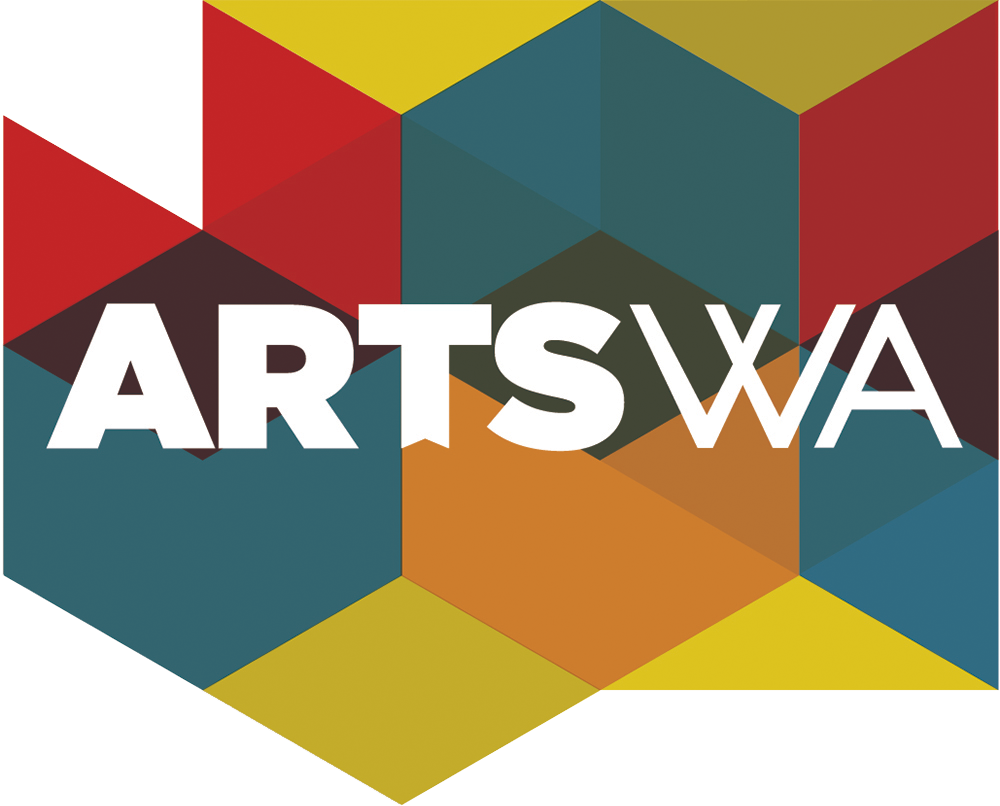Chinook Man, 1993
Lillian Pitt
(American | Confederated Tribes of Warm Springs, born 1943)
Location: Horizons Elementary, Lacey
ABOUT THE ARTWORK
Chinook Man is part of artist Lillian Pitt's body of hand-built ceramic masks. She uses an Anagama (wood) kiln to fire these masks, which creates unique ash and flame marks. The artist's Native American ancestry influenced the imagery and subjects of her masks. Prehistoric petroglyphs and traditional myths provide inspiration. These works pay respect to the artist's heritage and the natural world. She notes that this piece is a tribute both to Chinook salmon and the Chinook tribe, "who lived in the Columbia Gorge for thousands of years."
This artwork was acquired for the State Art Collection in partnership with North Thurston Public Schools.
ABOUT THE ARTIST
Northwest Native American artist Lillian Pitt (Warm Springs, Wasco, Yakama) creates masks, sculptures, jewelry, prints, public art, and more. She uses a variety of materials including clay, bronze, and glass. Her art reflects and celebrates her Warm Springs, Yakama, and Wasco heritage. In Pitt's own words: “Everything I do, regardless of the medium, is directly related to honoring my ancestors and giving voice to the people, the environment and the animals. It’s all about maintaining a link with tradition, and about honoring the many contributions my ancestors have made to this world.” She was honored with a Governor’s Award of the Oregon Arts Commission in 1990.
ARTWORK DETAILS
| Medium | Anagama (wood-fired) stoneware, glass, and silver beads |
| Dimensions | 10 in x 9 in x 3 in (irregular dimensions) |
| ID Number | WSAC1994.114.000 |
| Acquisition Method | Direct purchase |
| Artist Location | Oregon, United States |
Location Information
| Agency | North Thurston Public Schools |
| Artwork Location | Horizons Elementary Library |
| WA County | Thurston |
| Placement | Interior |
| Site Type | Public School |
| Address | 4601 67th Ave SE Lacey, WA 98513 |
| Geo. Coordinates | 46.986227, -122.822571 |
| Before Visiting | Some artworks may be located in areas not accessible to the general public (especially in K-12 public schools). Consider contacting the site prior to a visit to ensure access. |
| Map |
Related









